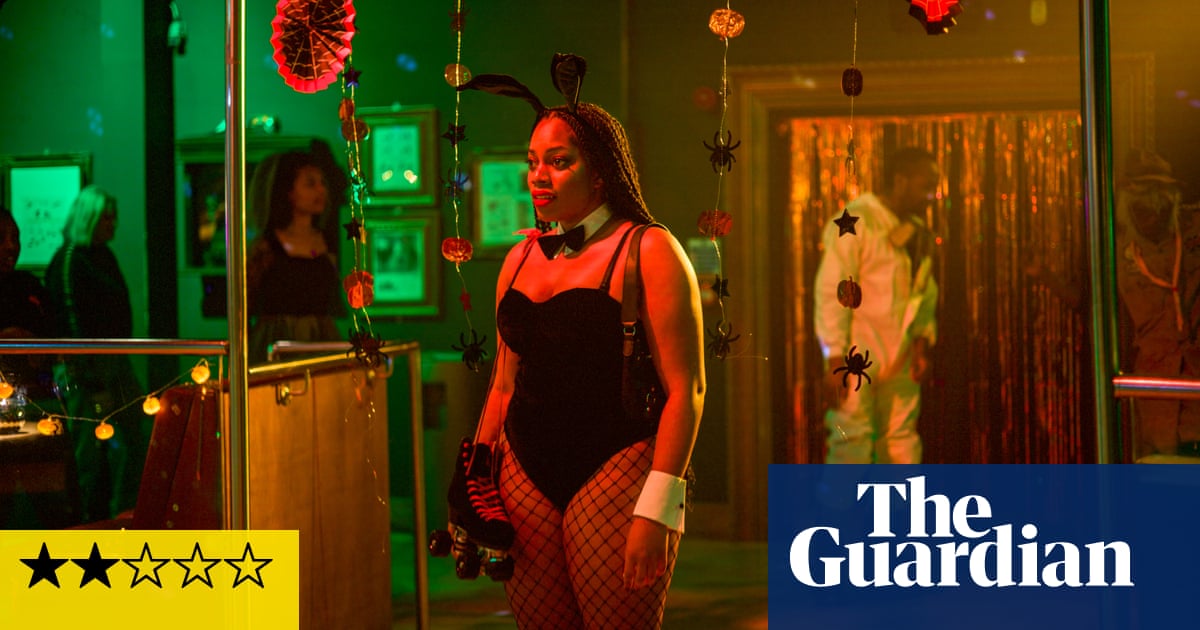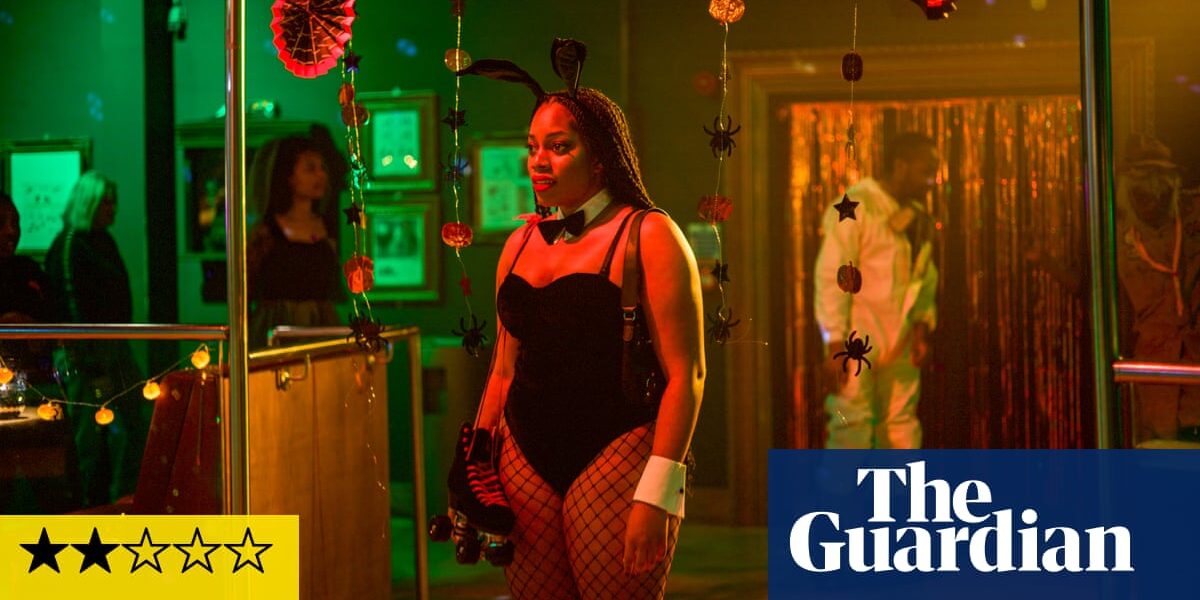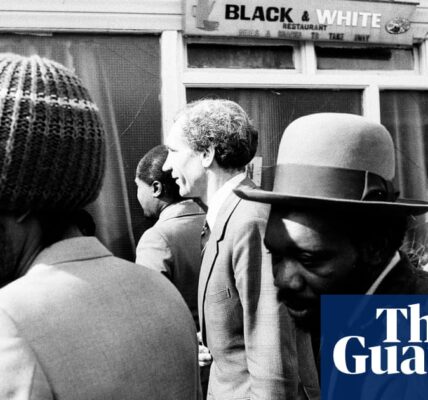
The eponymous heroine of Queenie is called a lot of things in the TV show based on the hit novel from 2019. She’s labelled “angry”, “quirky” and just plain “too much” – but sadly this is a case of telling and not showing, because in fact we are asked to invest in a bland protagonist overcoming pedestrian obstacles that make you long for the show to be led by the OTT gal it alludes to.
We meet Queenie at the hospital for a gynaecology appointment, where she learns that she has had a miscarriage. Things get progressively worse after she bickers with her aunt (inexplicably attending the pre-work appointment with her), is late to her job as a social media assistant and has a relationship-ending fight at her white boyfriend Tom’s family get together.
We spend the series watching Queenie try to piece her life back together, mend her broken heart, get to write articles not just post them on socials and adjust to housemates who don’t take their shoes off inside.
Aside from the myriad micro-aggressions she faces – from being called “chocolate” on dating apps to having her ex’s grandmother speculate about what it would be like to have “half-caste” family members – Queenie feels like a dramedy dreamed up by half-arsed AI.
The breakup, the queer pal who encourages her to date again, even the dreams of making it as a writer in the big city are painfully rote cliches. Because Queenie feels so imprecise, investing in any of these plotlines is difficult.
When it comes to her professional development, the show suggests that she’s being underestimated and having her brilliant ideas for articles overlooked. In actuality, she seems pretty bad at her job, permanently flustered, ill-prepared and offering up pitches that are just puns.
The relationship with her ex is a dusty void of chemistry, and the only bond that feels as if it isn’t between two actors who weren’t afforded enough rehearsal time is Queenie and her Grandad Wilfred, played by the charming Fresh Prince of Bel-Air star Joseph Marcell.
Actor Dionne Brown has her moments: she’s excellent when selling Queenie’s heartbreak, even if she and Tom (played by Jon Pointing) are at no point convincing as a couple. That aside, she feels like a character designed by committee.
Queenie, whose first incarnation was in showrunner Candice Carty-Williams’s novel, has been described and marketed as a “Black Bridget Jones”. Yet the show is nowhere near as fun or funny. Set-ups for potentially silly cringe comedy – parties where people get handsy on dancefloors, awkward family dinners – fizzle out without transforming into anything genuinely amusing. It is as if an overzealous editor came in and decided to cut out all the punchlines to make the dramedy skew drama heavy, but the dramatic stakes aren’t high enough to pull that off.
Queenie’s wildest shenanigans would make for decent dinner party chat, but they cannot sustain decent television.
It also becomes increasingly unclear who this show is trying to appeal to. Its depictions of Black womanhood are so basic that it is hard to imagine Black female audiences being impressed by its insights. Instead, it feels as if it’s trying to bring in viewers who don’t know their saltfish from their ackee. In a television landscape that has seen I May Destroy You, Insecure, Abbott Elementary, A Black Lady Sketch Show, Pose, Mood, Black Cake, Domino Day and more explore Black womanhood with such specificity, this broad approach feels like a big step backwards.
after newsletter promotion
When Queenie’s aunt jokes that people shouldn’t date Geminis, and Queenie responds: “When you say Gemini boy you mean white boy, don’t you?” it is indicative of this puzzling approach: Black characters spend much of their time discussing white people . What you end up with is a show named after its Black protagonist that is strangely preoccupied with whiteness.
Aside from the painful article puns, there’s nothing actively unpleasant about spending time with Queenie as she tries to figure out how to live her best life. But living your own best life and watching something truly exciting and enriching on television would involve changing the channel.
Source: theguardian.com



